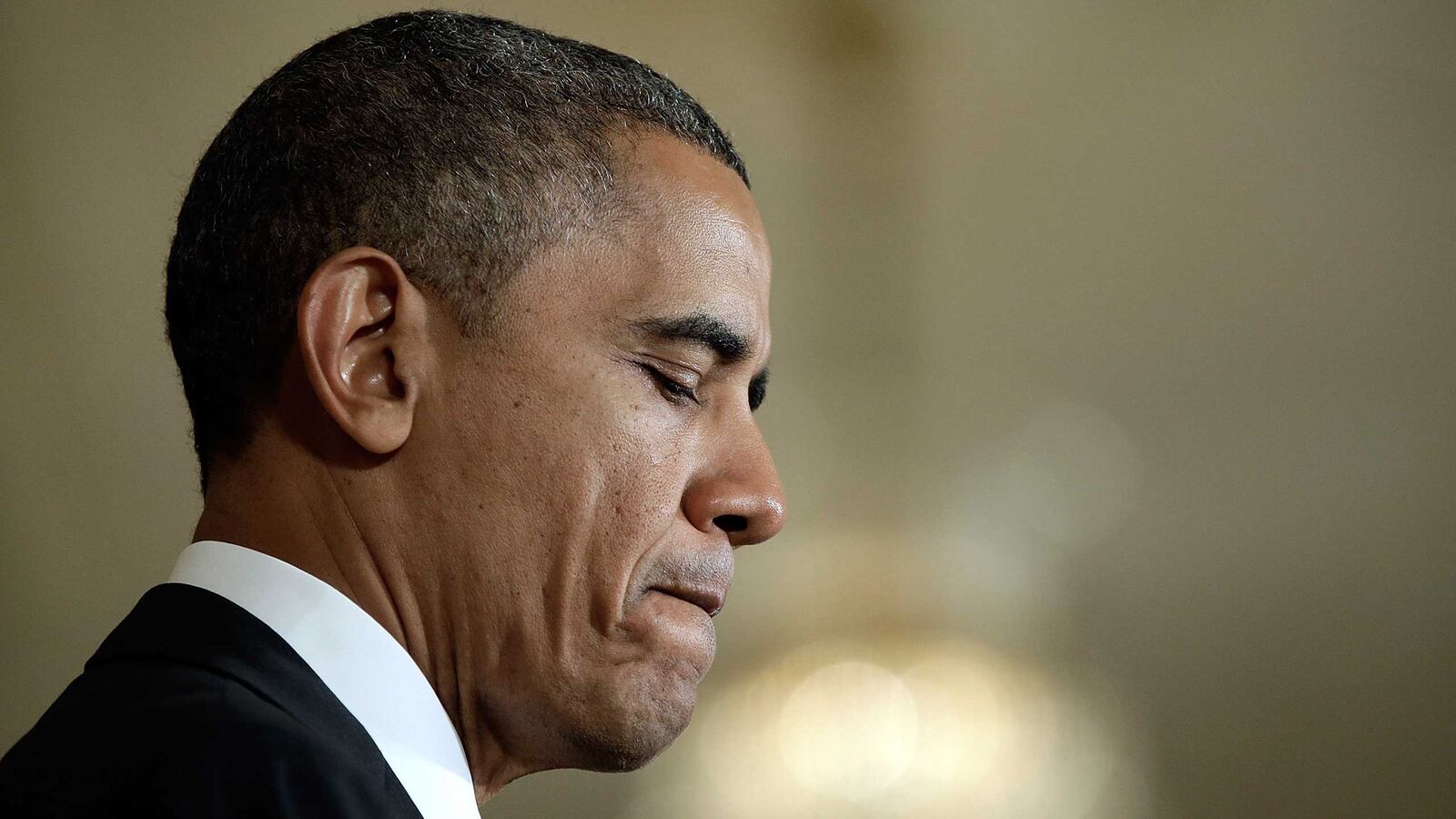TYLER MORAN
Policy Director, National Immigration Law Center (2001–2012)
Deputy Policy Director, Domestic Policy Council, White House (2012–2014)
Senior Policy Advisor, U.S. Senate Democratic Leader Harry Reid (2014–2017)
There had been a real pivot to the White House from the advocacy community to pressure the administration to grant legal status to Dreamers—which, at that time, [the White House] was really pushing back and saying the president’s office didn’t have the authority to do it, [that] it was Congress’s deal. There was a really ramped-up, intense pressure leading through ’11 and then finally in ’12.
LUIS GUTIÉRREZ
D-Illinois, Fourth District, US House of Representatives (1993– )
By this point, there’s a broad movement. It’s April of 2012, and he sent Cecilia Muñoz to speak to the Congressional Hispanic Caucus, because I had already met with Senator Rubio on a DREAM Act bill, which would give them status but wouldn’t give them citizenship. And I had gone around telling everybody, “If Obama won’t stop the deportations”—because his deportation numbers were going up—“we should all work with Rubio and get a bipartisan bill and at least set aside the Dreamers.”
CECILIA MUÑOZ
Director of Intergovernmental Affairs, White House (2009–2012)
Director, Domestic Policy Council, White House (2012–2017)
I remember the meeting. While the press got really excited about a Rubio puts Obama in a tough spot narrative, the impetus for DACA… evolved from a bunch of policy shifts... Essentially, there’re eleven million people who are deportable, and before the Obama administration, the [Homeland Security] strategy was to find as many of them as possible. So [DHS] Secretary Napolitano [began] modest steps toward establishing a system of priorities so that they went from, Let’s find as many people as we can to, Let’s be strategic and go after people who are priorities because they pose some kind of harm or threat. Everybody agreed the Dreamers should be low priority for enforcement, and lo and behold, Dreamers kept ending up in the deportation pipeline because the policy was not airtight enough and the behavior at the agency was not changing enough. And Secretary Napolitano’s barometer was, Are we still picking up Dreamers? Are we wasting enforcement resources on these folks? Because that kept happening, she brought DACA to us.[2]
TYLER MORAN
On my first day at the White House I was told we were going to move on what became DACA and was in the Rose Garden on Friday for the announcement... The president had basically approved giving deferred action to Dreamers. Then we had sixty days to stand up the program. So it was a pretty crazy summer, because on August 15, the first applications could be accepted... Post-election, obviously the president’s numbers with Latinos were, like, huge. Percentages in some of the states were impressive enough that people felt really confident about immigration. That’s when the senior advisors decided that the White House would make a push on some kind of immigration reform, and it was in November that the president instructed us to have a bill ready for him, I think by the end of Christmas break.
LUIS GUTIÉRREZ
After the election, they moved in the Senate, and in the House, we were working with the Republicans.
TYLER MORAN
We saw a bipartisan effort there in the House, and we provided support to them, not as intensely as the Senate, because it was in the drafting stages. And the president did tons behind the scenes—phone calls that were not public, asking, “What can we do?” Boehner would say, “Well, back off. Give us some space.” “Okay, we can do that.”... Some Republicans sort of looked at the party’s position on immigration and felt like, We can’t be the party that’s going to stick with the old white men. Like, We’re going to become dinosaurs, and if we don’t start talking to people outside of ourselves, we’re not gonna survive as a party. That was kind of the postmortem that Priebus took the lead on after the election.[4]

TYLER MORAN
The White House effort [for immigration reform in 2013] was definitely a stealth operation . . . Behind the scenes, we gave a ton of bipartisan briefings. In the Senate, you had this Gang of Eight with Republicans who really believed they needed to reach out to Latinos and that they really had to push for [legislation].
CECILIA MUÑOZ
In the administration, we had long since drafted a bill. We had a bill drafted in 2010. So we took that bill back out, revised it, [and] essentially fed pieces of that bill to the Gang of Eight in order to speed up the process. The 2013 bill was big and complex, obviously, and it was important to the president that we contribute in whatever way that was most useful... The Gang of Eight dynamic was such that it was important to be behind the scenes, so that’s what we did.
TYLER MORAN
Lots of other Republicans were supportive, but they just felt nervous about any type of backlash—particularly if you looked at the composition of Republicans that ultimately came forward and voted for the bill, they didn’t until there was this Corker-Hoeven Amendment, which basically put a shitload of resources on the southern border. So much so that Border Patrol could hold hands or something.[6] It was this unnecessary amount of resources, but it brought on a ton more votes, and, if you think about the Senate, the fact that there were sixty-eight votes was insane. That doesn’t happen on a huge, huge, huge piece of legislation . . . but there was also some naïveté about momentum that would be created for the House to then move.
BARBARA BOXER
D-California, U.S. Senate (1993–2017)
We had a great bill, and that bill got so many votes. The comprehensive immigration reform was so good for the economy. It was fair to everybody, and it died because John Boehner would not bring it up.
TYLER MORAN
Boehner’s a true believer on immigration, but, you know, it went from the Republican Study Committee to the Freedom Caucus, and... I can’t speak for him, but I think he just had to make strategic decisions about rocking the boat. He’d already rolled them on the debt limit. I guess you had to pick and choose when to do that.
LUIS GUTIÉRREZ
We passed it in the Senate. We never got it done in the House. Then I went back to Obama because Janet Murguía, president of the National Council of La Raza, called him “deporter in chief,” and that really stung Obama.
TYLER MORAN
The advocates started getting really restless. Instead of turning on the House as their focus for accountability, they turned on the White House . . . You know, trying to push for immigration reform, there was a feeling that [the White House] needed to show the American public that you believed in enforcement, and [that we weren’t pushing for] open borders. But in hindsight, I was like, What did we get for that? We deported more people than ever before. All these families separated, and Republicans didn’t give him one ounce of credit. There may as well have been open borders for five years.
Excerpted from OBAMA: An Oral History, 2009-2017 by Brian Abrams, copyright 2018 by Brian Abrams and reprinted with permission of Little A Books.







